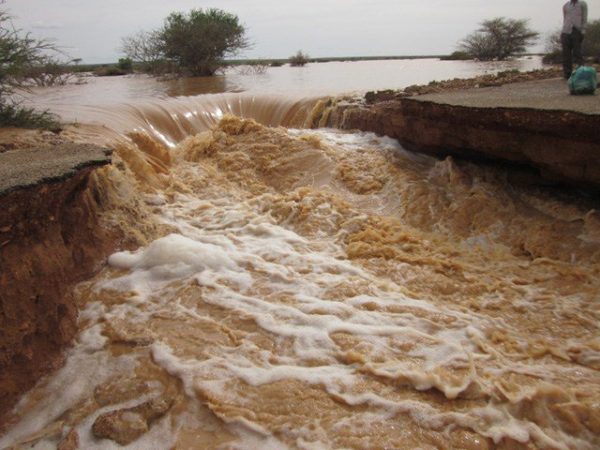South-eastern Angola, southern Namibia, southern Botswana, and much of South Africa received above-average seasonal rainfall between January and March 2022.
This is contained in the latest SADC Food Early Warning System report prepared by SADC FANR Directorate in collaboration with USAID/FEWS Net.
It said Malawi, the eastern half of Zambia, much of northern Mozambique, and central and eastern Madagascar received near-average seasonal rainfall totals, despite heavy rainfall that was received due to several cyclones affecting some of these areas.
“The seasonal totals in Malawi, the eastern half of Zambia, much of northern Mozambique, and central and eastern Madagascar areas are near normal despite the high rainfall received during cyclone events in late January to early-March period,” the report reads.
“The heavy rainfall during early 2022 decreased seasonal rainfall deficits; however, the poor temporal distribution of rainfall caused sub-optimal crop performance in a number of areas including parts of Malawi, Mozambique and Zimbabwe.”
Turning to crop conditions SADC said the prolonged dryness in February and early March caused a reduction in soil moisture available to crops in southern Mozambique, northern Namibia, north-eastern South Africa, and much of Zimbabwe.
“While the precise impact of the dryness will depend to some extent on local farm management practices including use of conservation agriculture techniques, selection of crop variety and crop type, soil management, and dates of planting, the general observation was that crops in many central areas were negatively affected.
“In southern Mozambique and in Zimbabwe, reports indicated that crops in several areas were a write-off, with little to no harvest due to drying up.”
SADC added preliminary reports suggest that maize crops, which are the predominant crops grown in many of the affected areas, were more severely affected than other crops.
“It is likely that many of these areas may have experienced below average crop yields. In contrast, the main maize-growing areas of South Africa had average to above average due to the favourable rainfall conditions that persisted through much of the crop growing season.”
The SADC report also noted livestock and pasture that despite the extended dry spell that affected central parts of the region, vegetation performed relatively well in these areas, based on an analysis of the percent of average seasonal greenness.
“The vegetation index compared to average conditions for the same period, and over the course of a season, it tends to give a good indicator of the total amount of biomass (e.g. grazing matter, in areas that are primarily grasslands) accumulated, and hence the amount of grazing available to livestock.”
It said most parts of the region had above average pastures, except for southern Madagascar, where the pastures were below average while in south-western Angola, northwestern Namibia, Malawi, eastern Zambia and northern Mozambique, the pastures were slightly below to well-below average.
“In these areas, grazing conditions are likely to have been negatively affected by the poor rainfall performance, especially in southern Madagascar where conditions are well below average. Cyclone Impacts Five tropical storms and cyclones struck and affected several SADC Member States, including Madagascar, Malawi, Mauritius, Mozambique, South Africa, Zambia and Zimbabwe.
“The tropical storms and cyclones brought heavy rains and strong winds, causing significant flooding and landslides, and resulting in fatalities, displacements, destruction of infrastructure and flooding of cropped areas.”
The SADC report agricultural impacts included over 60 000 hectares (ha) of rice being flooded twice in eastern Madagascar from Intense Tropical Cyclones Batsirai and Emnati, with concerns for end-of-season rice production in Madagascar.
“In Mozambique, over 220 000 hectares of crops are estimated to have been lost due to the three cyclones and storms that struck over the course of the season,” the SADC report added.









[…] Source link […]
Comments are closed.